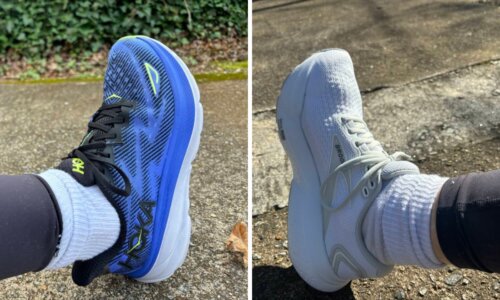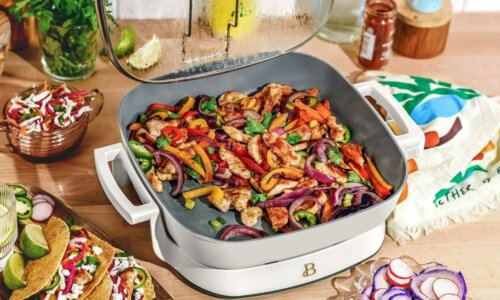The products and services mentioned below were selected independent of sales and advertising. However, Don't Waste Your Money may receive a small commission from the purchase of any products or services through an affiliate link to the retailer's website.
Attention Amazon shoppers: If you have a product to return to the online retailer, you may need to pay $1 to ship it back.
The new return fee only applies to products returned through The UPS Store when other closer, free drop-off options are available to the customer. Other locations that accept Amazon products for free return shipping are Amazon Stores/Hub Lockers, Kohl’s, and Whole Foods.
This move seems to be part of an effort to discourage the use of UPS now that Amazon has its own delivery service and to cut return costs.
How To Make Sure Your Amazon Return Is Free
Amazon spokesperson Steve Kelly told Business Insider that customers aren’t losing the option for free returns completely.
“We always offer a free option for customers to return their item,” Kelly told the publication via email. “If a customer would prefer to return their item at a UPS Store when there is a free option closer to their delivery address, a very small amount of customers may incur a $1 fee.”
To continue returning items for free to Amazon, make sure to follow these steps before purchasing from the retailer:
- When looking at a product, make sure the item has a free return option
- If you receive an item that isn’t correct, go to Amazon.com and start the return process there
- After completing the online return process, box up your item and bring it to the closest free returns location to your home to avoid the $1 fee
Why Are Return Fees Making A Comeback?
For a while, especially during the COVID-19 pandemic, retailers had lenient return policies. In fact, many businesses went as far as allowing customers to keep an item even after refunding the purchase price.
However, that strategy may have backfired for business owners as sales numbers skyrocketed.
In 2021, the National Retail Federation reported customers returned more than $761 billion worth of merchandise. That number climbed to more than $816 billion in 2022. However, the percentage of returns remained almost even, with 16.6% in 2021 to 16.5% the following year.
The Growth In E-Commerce Is Driving Returns
The Current noted in December that the growth of e-commerce during the pandemic played the biggest role in increased returns, and some shopping behaviors are driving increased returns, such as customers trying things on at home and returning them or purchasing multiple sizes or colors online and then sending back what they don’t like. Social media trends like YouTube and TikTok review videos have also driven an increase in returns.
Some Retailers Are Bringing Fees Back
Now, retailers have to find a balance between finding ways to slow the tidal wave of returns while keeping customer-friendly policies (free returns or no-receipt-required returns) in place to encourage brand loyalty.
That may mean slowly introducing more return fees in certain circumstances, particularly for items sent via mail. Business Insider reports stores such as Abercrombie & Fitch, TJ Maxx, Neiman Marcus and others have started tacking on small fees (from about $7-$11) to ship a package for a return. Other retailers, like Kohl’s, will not pay return shipping costs.
Would you still purchase items from online or brick-and-mortar stores that charge return fees?










